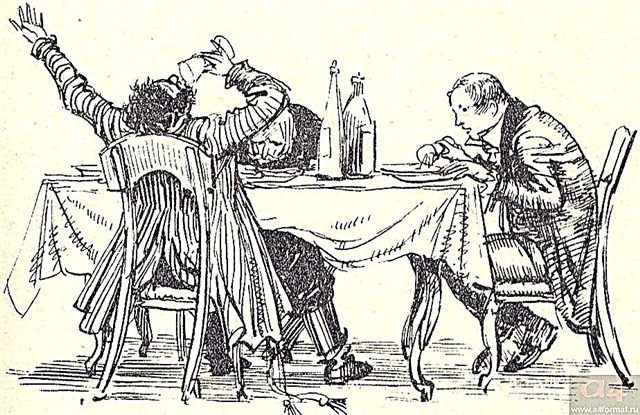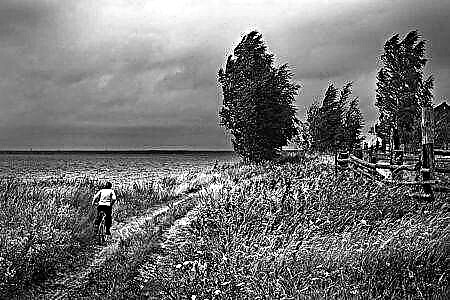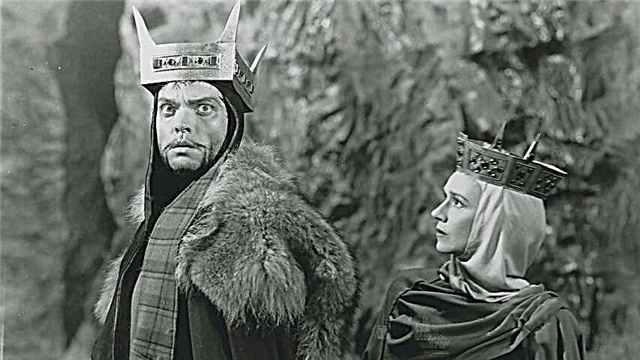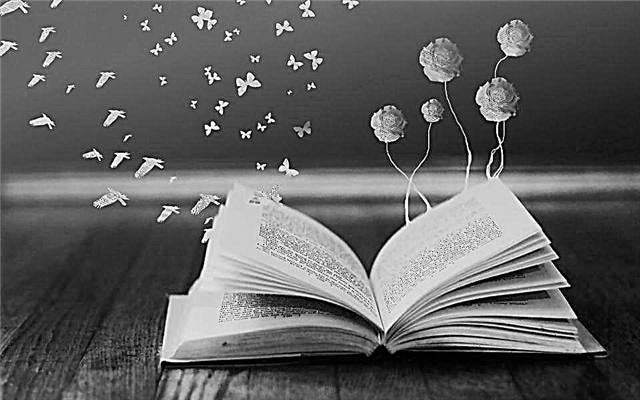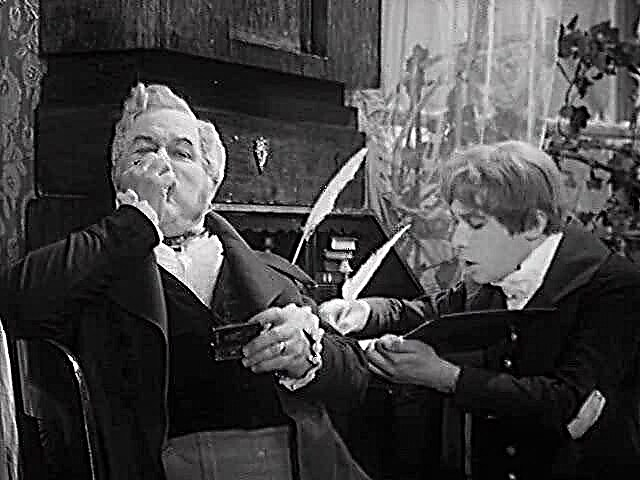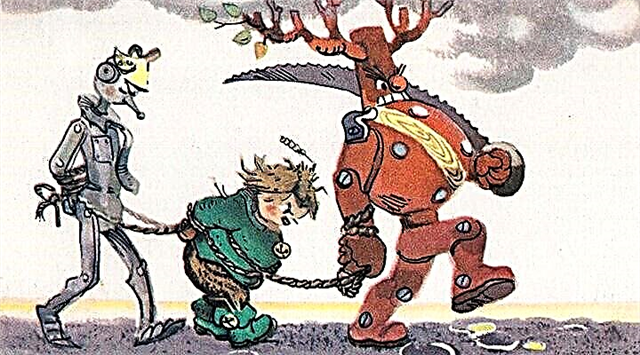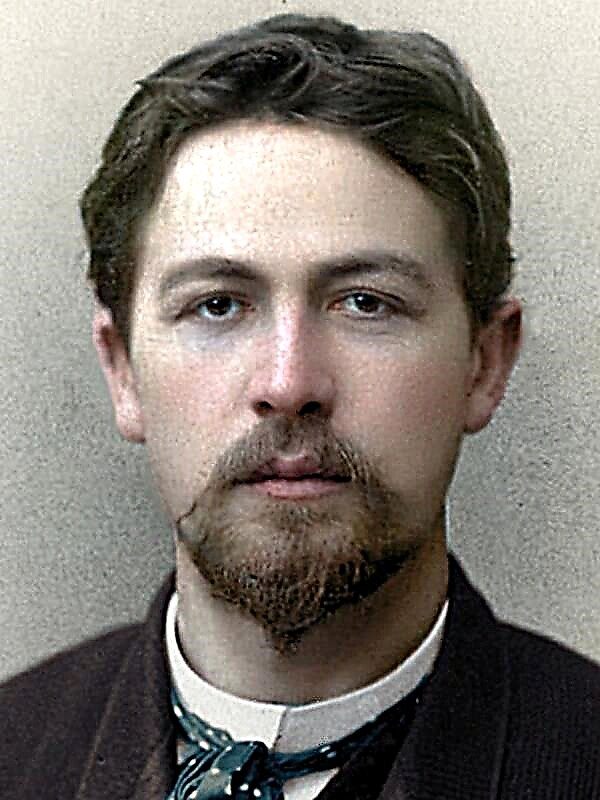The theme of love is traditional in Russian literature. N. Nekrasov, too, could not pass by her and dressed his experiences in a weighty and straightforward Nekrasov syllable. The reader may notice how realistic the love of the poet, for example, in the poem "I do not like your irony ...".
History of creation
The writer worked on a poem in 1850, in the midst of an affair with a married woman Avdotya Panaeva. That's who the work is dedicated to. With her, he lived in a civil marriage for 16 years, and cohabited with her and her husband in the same apartment. Lovers in that period suffered a terrible test: their son died. Since that moment, scandals and quarrels became more frequent, and Nekrasov himself began to be jealous of a woman, even to her legal spouse. Not surprising, because Avdotya was a beauty known throughout the capital. Even F. M. Dostoevsky was in love with her, but did not receive reciprocity.
Already in 1855, the poem “I do not like your irony” was published in the journal Sovremennik, and was also included in the poetry collection for 1856.
Genre and direction
The genre of the poem is a message, as this is one of the works included in the “Panaevsky cycle” and addressed to A. Panaeva.
The poem refers to love lyrics. There is an unnatural rhythm for Nekrasov, and an atypical rhyme. Size - pentameter iambus. But you can also notice the pyrrhic. Just because of it, the rhythm is lost, and breathing is lost.
The rhyme of Nekrasov was also unusual. Everywhere there is a different rhyme: if the first stanza is circular, then the second goes into the cross, the third cross together with the adjacent rhyme.
Images and Symbols
The author talks about the formation of love relationships, and partly writes about his life: the relationship between Nekrasov and Panaeva was unbalanced. Passions sometimes boiled between them, then they experienced a temporary cooling to each other. Therefore, the lyrical hero is an emotional nature with jealous anxieties, a temperamental and honest man who recognizes the inevitability of separation. His love burns with the last blush of autumn, ahead of the gap, but he wants to share the last rays of a fading attraction with his beloved, not rushing to a gloomy denouement.
His chosen one is also experiencing separation, and therefore the lyrical hero is also worried about the condition of his beloved. She puts her frustration into irony - that is, taunts what was previously holy. So she hides her anguish, the pain of the impending loss, which she already realizes. But with an icy grin the lady puts out those sparks of happiness that still remained in their meetings, and the lyrical hero urges her not to do this. One must be able to enjoy love to the end. The woman still loves him, because she prolongs dates and gives tenderness to a jealous, not ideal, but still close and desired man.
The symbol of autumn is a sign of wilting and parting with love. The water is getting colder, and only the last splashes keep the appearance of life. So love passes, and its final convulsions are an attempt to forget, warm and breathe life into a withering feeling.
Themes and mood
- Love theme - The main theme of the poem. The culmination of feelings has already passed. Parting lovers ahead lovers, but the last glimpses of happiness should warm them, because the joint path has not yet been completed. The poet is trying to convey to the reader the authenticity of the romantic relationship between people: how a spark flares up between them, how difficult it is for them sometimes, and just how this spark can go out.
- The theme of jealousy. The author believes that jealousy is a clear manifestation of male passion. Nekrasov himself managed to show this emotion, even when he was a lover of a married woman. Therefore, it is not surprising that he sang his own manifestation of love.
- Theme of longing. The hearts of fed up people are full of boredom and coldness, their sensation of life, where the illusions of novelty are lost, can be succinctly characterized by the word "longing."
- Mood the poem can be called autumn, because its heroes clearly accompany the love, giving it the last honors. The reader feels a slight fatigue, nostalgia and involuntarily plunges into his wires of passion, applying the words from the poem to himself.
Main idea
The poet talks about the reality of life, where feelings, even the most exalted, come to an end. The main idea of his message is that one must leave with dignity, without negativity. A person should be able to relate to another not only with love, but also with respect. Last tenderness, last passion is no less sweet than the first kisses, you just need to try them. Do not rush to leave, if you can still stay.
The work "I do not like your irony" tells of a denouement that is close, and therefore it is so important for the heroes to enjoy the last bliss and be together. The point is not to miss the last breath of a dying attraction, to drink the cup to the bottom. Nekrasov shares a piece of his personal experience, because he broke up with his chosen one after the death of her legal spouse.
Means of artistic expression
Nekrasov’s lyrical hero throughout the poem has various emotions. Thanks to exclamation marks, appeals, comparisons, the author does not allow him to relieve tension.
The main role in the transmission of emotions went to epithets. Thanks to them, people can not only feel the state of the lyrical hero, but also find out what the characters' relationships were: “jealous worries and dreams”, “last thirst”, “inevitable denouement”, “secret cold”; "Passionately loving", "you want to be shy", "boil rebelliously." It is worth noting that these epithets, as it were, counterbalance each other, one negative, the second positive.
The author describes the very feeling - love - by metaphors: “jealous anxieties are boiling”, “we are seething harder”, “are full of last thirst”. And there is also a counterbalance to this feeling, for example, indifference: "longing of the heart."



